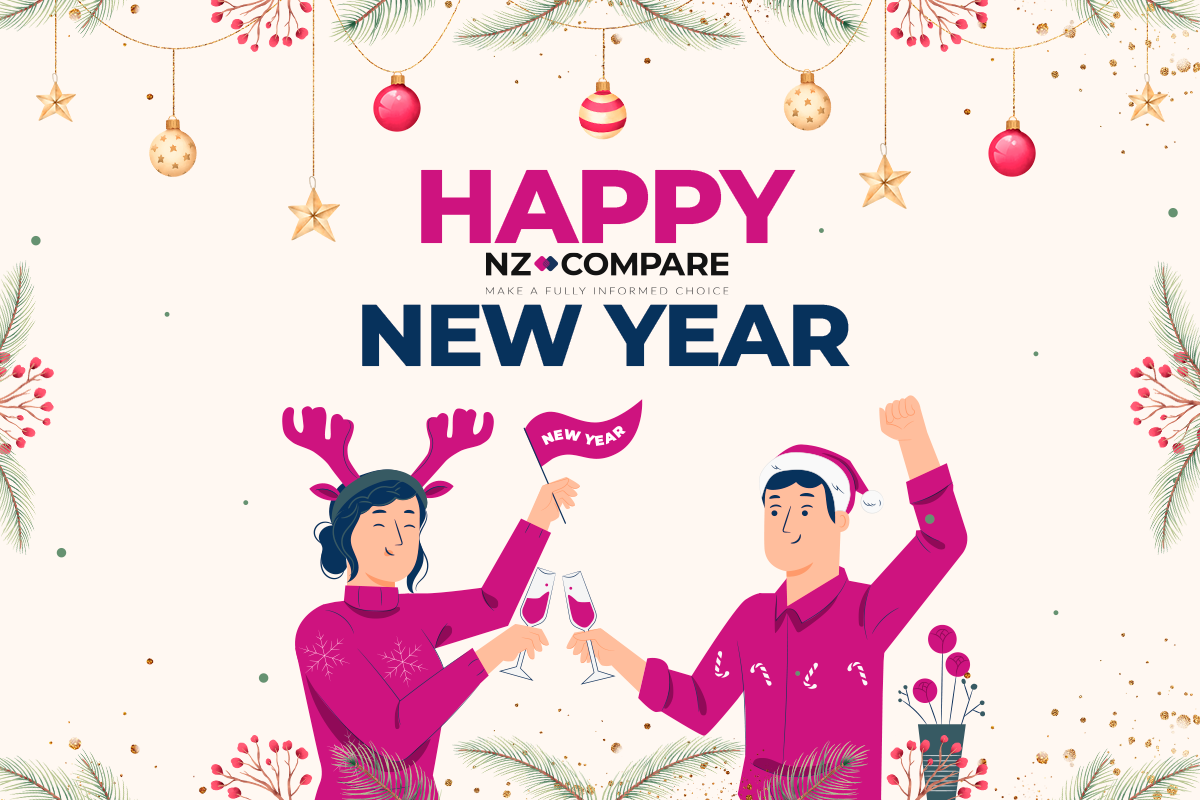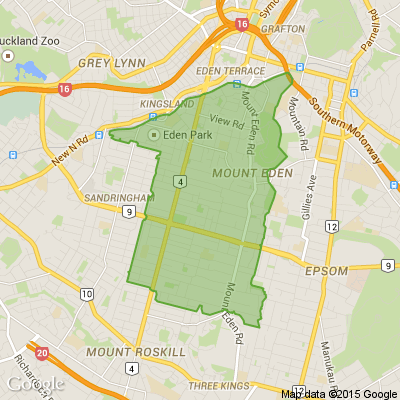Happy New Year!
Happy New Year from the NZ Compare Team! Wishing you a year filled with joy, success, and exciting adventures.
Here's to more fantastic moments together in 2024!

New Year, New Questions You Won’t Solve!
I get smaller every time I take a bath.
What am I?
Do you think you know the answer to our daily riddle? Don't spoil it for your neighbours! Simply 'Like' this post and we'll post the answer in the comments below at 2pm.
Want to stop seeing riddles in your newsfeed?
Head here and hover on the Following button on the top right of the page (and it will show Unfollow) and then click it. If it is giving you the option to Follow, then you've successfully unfollowed the Riddles page.

Clothesline upgrade
Turn a tired old clothesline into a stylish garden feature that brings joy to the chore of getting your washing out in the sun. Finish in Resene Waterborne Woodsman Crowshead. Find out how to create your own with these easy step by step instructions.

Explore more, worry less at Ryman
Pack your bags, hit the open road, or set sail on your next big adventure. With Ryman’s lock-and-leave-style living, you’re free to explore without worrying about home maintenance or security.
While you’re off enjoying life, we’ll take care of everything back home – from mowing the lawns to watering the garden, pulling weeds, and even cleaning the windows.
Ryman residents are free to embrace adventure because they're not tied down with home maintenance stress and security worries. They're rediscovering lost passions and plunging headfirst into new ones whenever they feel like it.
Click find out more to discover the lifestyle.







 Loading…
Loading…




